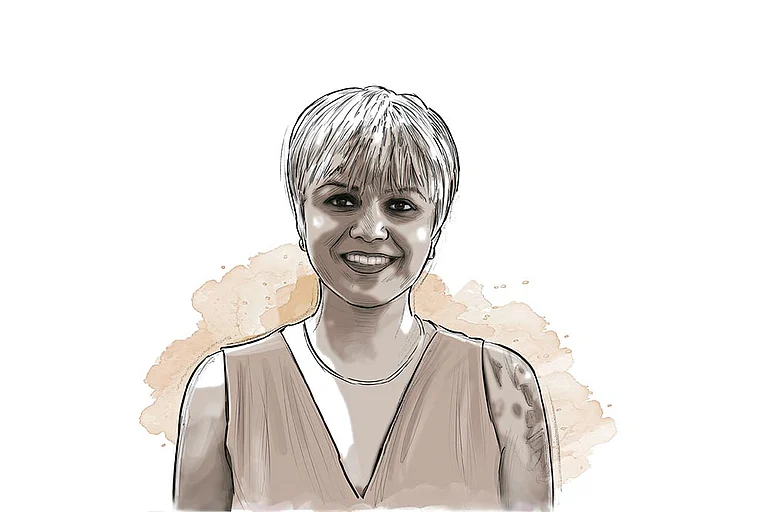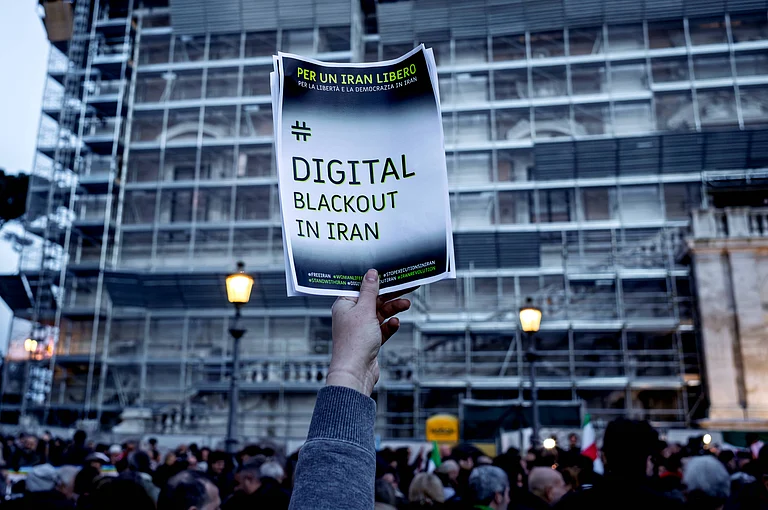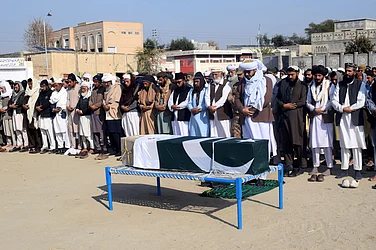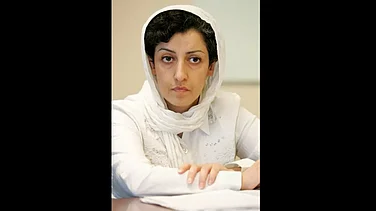Germany's government announced new temporary border controls on Monday, extending checks to all land borders. This move, starting on September 16 and will last for six months and is aimed to address irregular migration and safeguard the country from extremist threats, according to Interior Minister Nancy Faeser.
The controls will impact the normally open Schengen zone.
The order comes as coalition government of Chancellor Olaf Scholz is facing pressure to take a tougher stance on irregular migration.
His government is working to regain control from the rising far-right and conservative opposition, who have gained support by addressing voter concerns about strained public services, integration, and security.
What Did German Ministry Say?
Interior Minister Nancy Faeser at a news conference stated, “We are strengthening our internal security through concrete action and we are continuing our tough stance against irregular migration."
On Monday, the ministry informed the European Union about new border controls starting September 16 at Germany's land borders with France, Luxembourg, the Netherlands, Belgium, and Denmark.
These controls will last for six months and will complement existing restrictions on borders with Poland, the Czech Republic, Austria, and Switzerland.
“Until we achieve strong protection of the EU's external borders with the new Common European Asylum System, we must increase controls at our national borders even more,” Faeser added.
She noted that Germany already has had more than 30,000 rejections of people seeking to cross its borders since last October.
“This served to further limit irregular migration and to protect against the acute dangers posed by Islamist terrorism and serious crime. We are doing everything we can to better protect people in our country against this,” she said.
Challenges Faced Due To Immigration
Safety Of Citizens
A Syrian asylum-seeker inspired by the Islamic State group killed three people in a knife attack in Solingen.
Recently, a gunman was fatally wounded by police in Munich near the Israeli Consulate. According to AP, authorities suspect the gunman was planning an attack to mark the 52nd anniversary of the 1972 Munich Olympics attack.
Political Backlash
Germany has accepted large numbers of refugees from the Middle East over the past decade, but now a political backlash is building, with support growing for a far-right party. That party, Alternative for Germany, won its first state election earlier this month in Thuringia and had a strong showing in another state, Saxony.
In June, Scholz vowed that the country would start deporting criminals from Afghanistan and Syria again after a knife attack by an Afghan immigrant left one police officer dead and four other people wounded.
Germany deported Afghan nationals to their homeland on August 30, the first time it did so since since August 2021, when the Taliban returned to power. The government described the 28 Afghan nationals as convicted criminals, but didn't clarify what their offenses were.
The number of people applying for asylum in Germany last year rose to more than 350,000, an increase of just over 50 per cent compared with the year before. The largest number of asylum-seekers came from Syria, followed by Turks and Afghans.
Germany As Land Of Immigration
Data released by the German Federal Police on October 2023, revealed that 21,366 people illegally entered Germany in September, marking the highest monthly total since February 2016, when 25,650 entries were recorded after the peak of the "refugee crisis."
According to a report by DW, this number is part of a seven-month trend of increasing illegal entries.
From January to September 2023, a total of 92,119 individuals entered Germany unlawfully, putting the country on pace to surpass the 112,000 illegal entries recorded in 2016.
Chancellor Olaf Scholz spoke to German weekly publication Der Spiegel 2023 when he said, "We must finally deport on a grand scale those who have no right to stay in Germany."
The rise in illegal migration fuelled intense debate across Europe and within Germany, placing significant pressure on politicians to develop an effective migration policy.






























